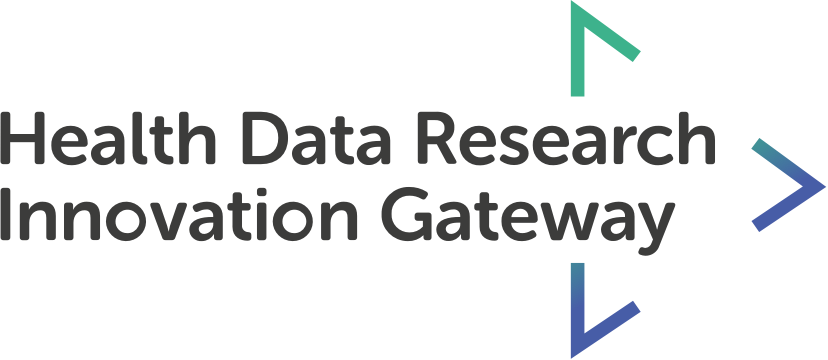Lay Summary
Artificial intelligence can enable real-time analysis of public attitudes, and their demographic determinants, from social media and linked Web platforms. This analysis offers the opportunity to track changing public sentiments and develop proactive two-way communication strategies. In the context of Covid-19, an iterative learning cycle can help maximize vaccine uptake across demographic communities by identifying and addressing unforeseen areas of public concern. Summary As vaccines against Covid-19 are rolled out, there is a pressing need to better understand and monitor public sentiments and address the concerns of vaccine sceptics. This urgency has been exacerbated by the current wave of the global pandemic and growing pressures on health services.1 The Royal Society reviewed the behavioral aspects of vaccine uptake and misinformation and identified the need for further research into five factors: confidence in the vaccines’ efficacy and safety; complacency; convenience; sociodemographic variation; and sources of information.2 The survey advocated the need for public dialogue around vaccine concerns and hesitancy3 to replace the current passive communication strategies that tend to focus narrowly on “infodemic” challenges,2 because genuine knowledge voids are being filled by misinformation. Artificial intelligence (AI) can enable real-time analysis of public attitudes, and their demographic determinants, from social media and linked Web platforms. This analysis offers the opportunity to track changing public sentiments and develop proactive two-way communication strategies. In particular, an iterative learning cycle can help identify unforeseen areas of public concern as well as potential barriers and facilitators for required interventions, prior to their implementation, to maximize vaccine uptake across demographic communities.
Authors:
Hussain A, Sheikh A.
Original content: https://web.www.healthdatagateway.org/paper/7864479
